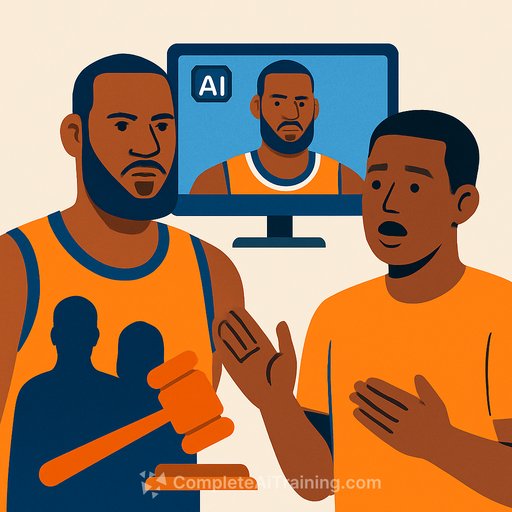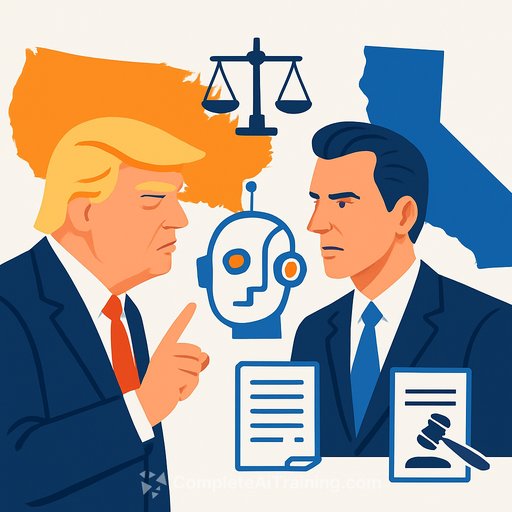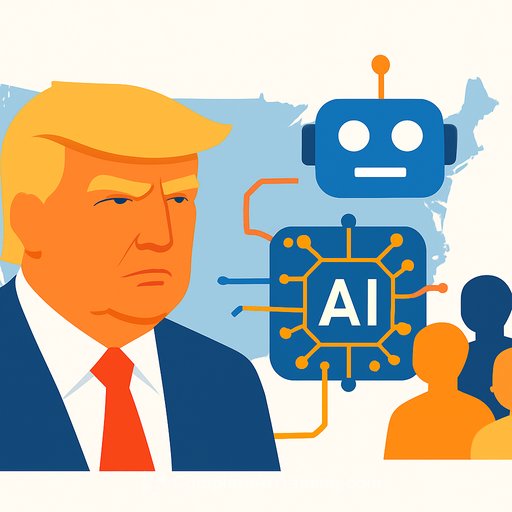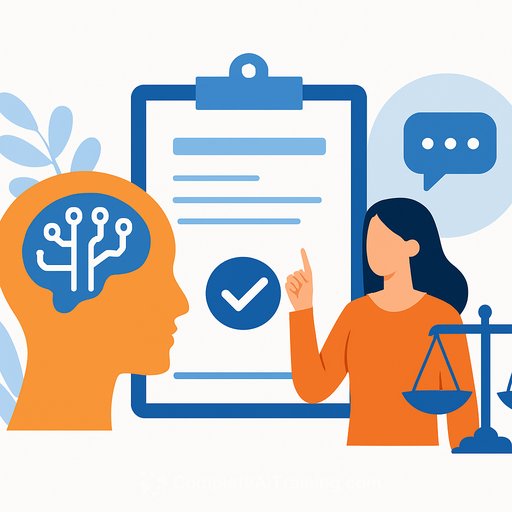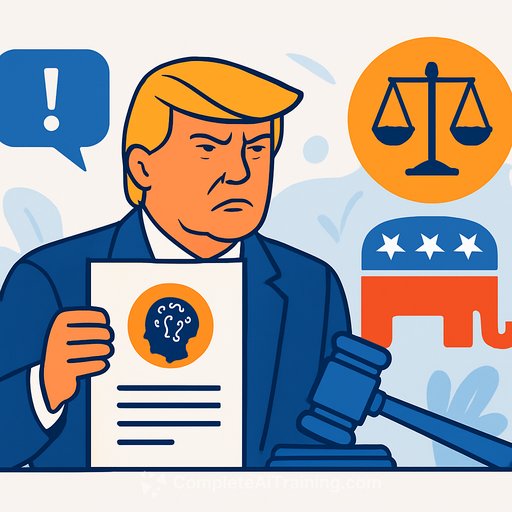LeBron James’ Legal Stand Against Controversial AI Videos
Technological progress has always influenced society, but it also brings challenges—one being the misuse of artificial intelligence. Los Angeles Lakers star LeBron James recently confronted a concerning trend involving AI-generated videos that use his likeness without consent.
These AI videos, created using the platform FlickUp, range from harmless phrases to more provocative depictions, such as one showing James supposedly pregnant alongside Golden State Warriors star Stephen Curry. While some might see these clips as playful, they cross a line into disrespect and potential legal infringement.
The Legal Pushback
LeBron’s legal team took swift action by contacting Jason Stacks, FlickUp’s owner, issuing cease-and-desist demands to halt the spread of these unauthorized videos. Stacks acknowledged the legal pressure in an Instagram Reels video, explaining that while the platform initially aimed to help creators monetize AI content, the backlash from James’ camp changed the landscape significantly.
Insights from Richard Jefferson
Richard Jefferson, a former teammate of James, offered a clear-eyed view of the situation on the Road Trippin’ podcast. He emphasized the importance of protecting name, image, and likeness (NIL) rights. Jefferson highlighted how AI can fabricate any scenario, potentially damaging a person’s reputation or brand without their approval.
“This isn’t just about one video. If not addressed, it could set a dangerous precedent,” Jefferson said. He stressed that the unchecked creation of such content isn’t beneficial for anyone involved.
Kendrick Perkins Supports Enforcement
Jefferson’s co-host Kendrick Perkins also voiced support for LeBron’s actions. He insisted on the necessity of safeguarding NIL rights firmly, stating, “If LeBron and his team are sending out cease-and-desists, I’m all for it. You have one name. Protect that name!”
Legal Implications for AI-Generated Content
This situation raises key legal questions about AI-generated content and personality rights. The unauthorized use of a celebrity’s likeness, especially in misleading or disrespectful contexts, can lead to claims of defamation, right of publicity violations, and other intellectual property infringements.
Legal professionals should closely monitor these developments as courts and lawmakers work to define the boundaries of AI content creation and personal rights protection. The balance between innovation and individual rights is delicate and requires clear guidelines.
Conclusion
LeBron James’ firm response to AI videos misusing his image underscores the growing need for legal frameworks around AI content. Protecting NIL rights is becoming more complex, but it remains essential to uphold respect and legality in digital creations.
For legal professionals interested in AI’s impact on intellectual property and rights management, staying informed about cases like this is critical. Exploring specialized training on AI and legal intersections can be valuable. Consider reviewing courses available at Complete AI Training to deepen your expertise.
Your membership also unlocks:

